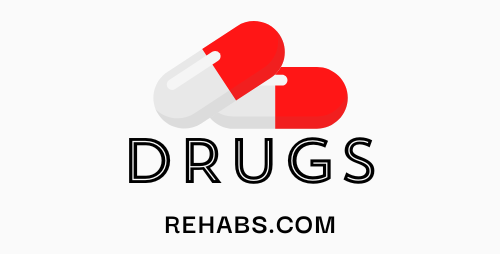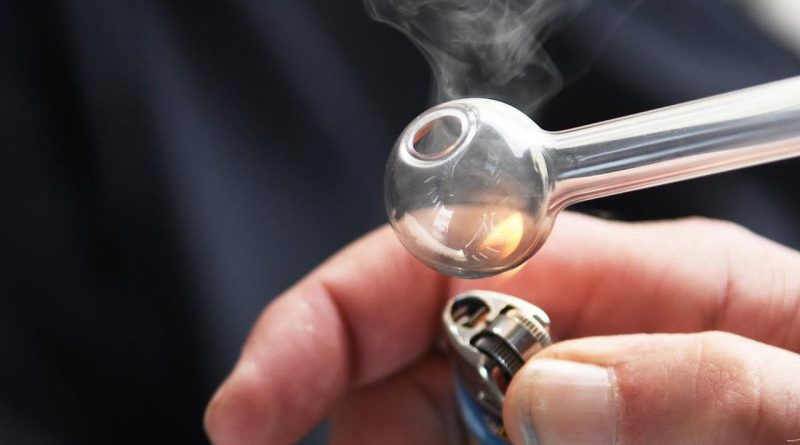The Role of Medications in Drug Abuse Treatment and Crystal Meth Treatments
Medications play an important role in drug abuse treatment. They help patients to deal with the effects of withdrawal and they can help to improve the effectiveness of other behavioral therapies. However, medication use should be carefully monitored. When used improperly, medications can actually contribute to a relapse.

When used correctly, medications can help to manage withdrawal symptoms, reduce cravings, and restore hormonal balance. They can also reduce emotional distress and help patients to avoid situations that lead to drug abuse.
Medications can also be used to treat opiate and stimulant addiction. Medications such as buprenophine, disulfiram, and methadone can help people with these addictions to get sober. These medications can also help patients to get off opioids and other prescription pain killers. Medications can also be used to treat alcohol dependence. These medications can help people to reduce the effects of alcohol withdrawal and can help prevent relapse to heavy drinking.
Drug abuse treatment may also involve attending psychoeducational groups. These groups teach new life skills and help people to overcome triggers and change negative behaviors. These groups can be conducted in groups or in individual sessions. The goal of the groups is to increase the patient’s self-efficacy. This element of drug abuse treatment is crucial for full recovery.
There are many different types of drug abuse treatment facilities. Some are inpatient, while others are outpatient. The type of facility a patient chooses is based on his or her budget and insurance coverage. Inpatient programs will offer medically supervised detoxification. Patients will have regular clinic visits with their doctors and may participate in group therapy sessions. Some programs also provide spa treatments and yoga sessions.
Medications can help reduce the symptoms of withdrawal and increase the patient’s self-efficacy. However, some medications have serious risks, such as depression. Patients are not advised to use medications like naltrexone or disulfiram unless they have already completed a medically supervised withdrawal.
Other types of medications include those that increase energy, normalize sleep, and reduce cravings. These medications are effective for patients with addictions to alcohol, marijuana, opiates, and benzodiazepines.
Individual and group therapy are also common in rehab programs. In individual therapy, a counselor will help patients discover the root causes of their addiction, learn coping skills, and identify and avoid situations that contribute to drug abuse. In group therapy, patients will be able to form friendships with other patients who have similar addictions.
Family therapy can help to repair broken relationships and to improve communication skills. It can also help to improve conflict resolution skills. Drug rehab programs often include regular outpatient counseling sessions. These sessions are meant to help patients learn to manage stress and develop coping skills to prevent relapse.
Drug abuse treatment must be comprehensive and it must address all aspects of an individual’s life. Patients will benefit from group and individual counseling, as well as family therapy. The program should also include a community-based recovery support system. In some cases, patients will need to stay in treatment for a long time before they begin to see results. Medications and behavioral treatments will be adjusted periodically to meet the needs of the patient.

